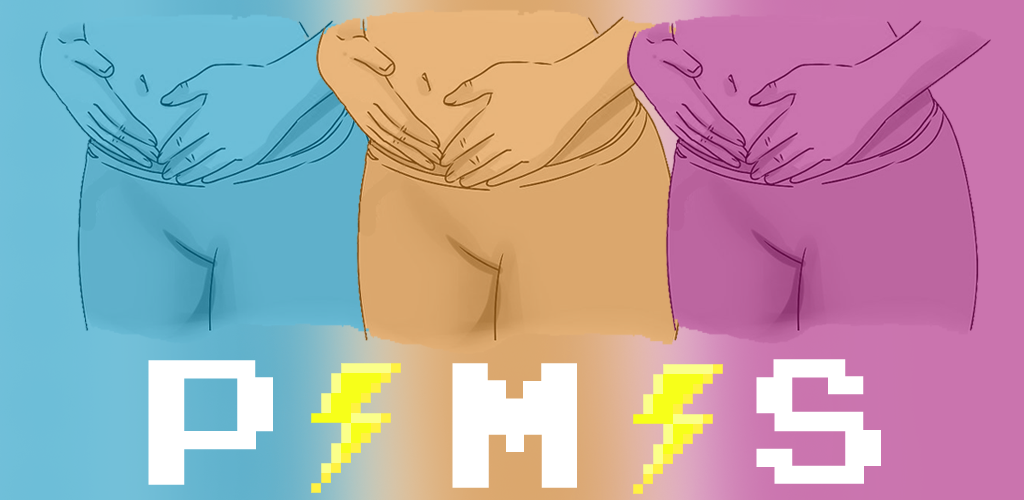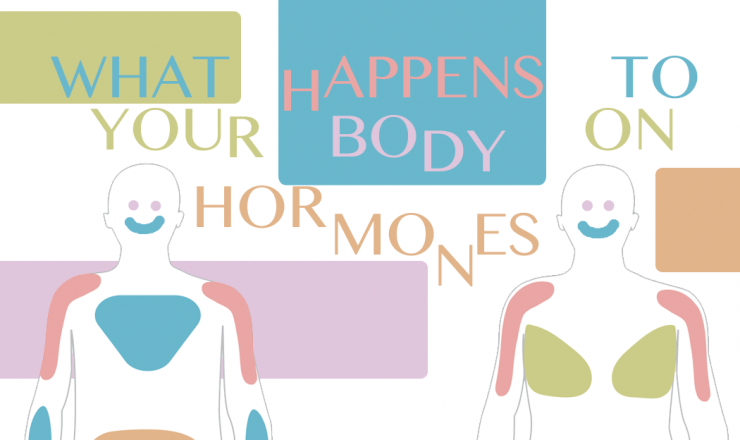

Good questions! So what exactly is PMS? PMS stands for Pre-Menstrual Syndrome. Symptoms of PMS include, but are not limited to:
These are all things that can happen before your period (aka pre-menstrual). We say “can” rather than “does” because some people get PMS symptoms and some people who don’t. Why? Sadly there’s no answer to that (yet), but a common theory is that it has to do with falling progesterone and estrogen hormone levels in the body. The levels of both hormones rise after your period, but fall right before. Scientists think some people are more sensitive to the change in hormone levels, and this sensitivity is what might be the cause of PMS symptoms.
Another theory suggests that what you eat affects how you feel, especially before your period. Common advice for preventing PMS, or at least reducing the symptoms, includes lowering your salt intake to prevent bloating, drinking more water to prevent dehydration, cutting out caffeine to reduce anxiety, taking additional vitamin supplements, and getting enough sleep and daily exercise. You could also take ibuprofen for your cramps, but magnesium supplements also work well too. One fun fact about your chocolate craving: it’s actually your body’s way of asking for more magnesium, because chocolate contains magnesium. You could take some extra supplements, though we do acknowledge that eating chocolate might be way more fun!
That being said, if you’re dealing with a lot of pain or discomfort, feel free to check in with a health care provider. Lots of people go on hormonal birth control to deal with PMS symptoms, since hormonal birth control can make periods lighter and reduce cramping.
PMS-related pain is a very real issue for a lot of people, and you shouldn’t have to live with it if it’s negatively impacting your life.
As for trying to convince your partner: It sucks that he won’t just believe you when you tell him what’s going on with YOUR BODY. Have you tried sharing any articles or resources about PMS with him? Sometimes people need an official article or a study about it to believe that it’s a real thing. You could also take him with you to the doctor to hear about it from a real medical professional.
You could also frame it as something where — whether or not he believes in PMS — he should still believe you and be sympathetic if you’re feeling bloated or having cramps. Thinking that you’re lying to him could be a different issue in the relationship, but ideally this is something where he should be able to forget his hang ups and try to help you out. Relationships usually involve a lot of compromise, and hopefully this is a thing he can let go of. Maybe he doesn’t need to feel right in order to support you.
And who knows, if he gets really into learning more about PMS, you two could make it a team effort to find resources that could help you feel better.
If you have questions about this topic, feel free to contact one of our peer educators. [Link]
Last Updated: April 2020

Did you know that Teen Health Source has been around for 25 years! To help celebrate our 25th Anniversary, we’re checking in with some of our previous volunteers. Today we’re hearing from Maggie!

Going on hormones is supposed to change your body and that can be pretty scary when you don’t know what to expect. For this post, we’ve adapted a some resources from the Rainbow Health Network’s pages on Feminizing and Masculinizing Hormone Therapy.

PRUDEmag is a hot new Toronto-based zine for spinsters, rule-makers, asexuals, relationship anarchists, & all others resisting a sex-necessary culture. We caught up with some of the people behind the zine for our the latest in our 5 Questions series!